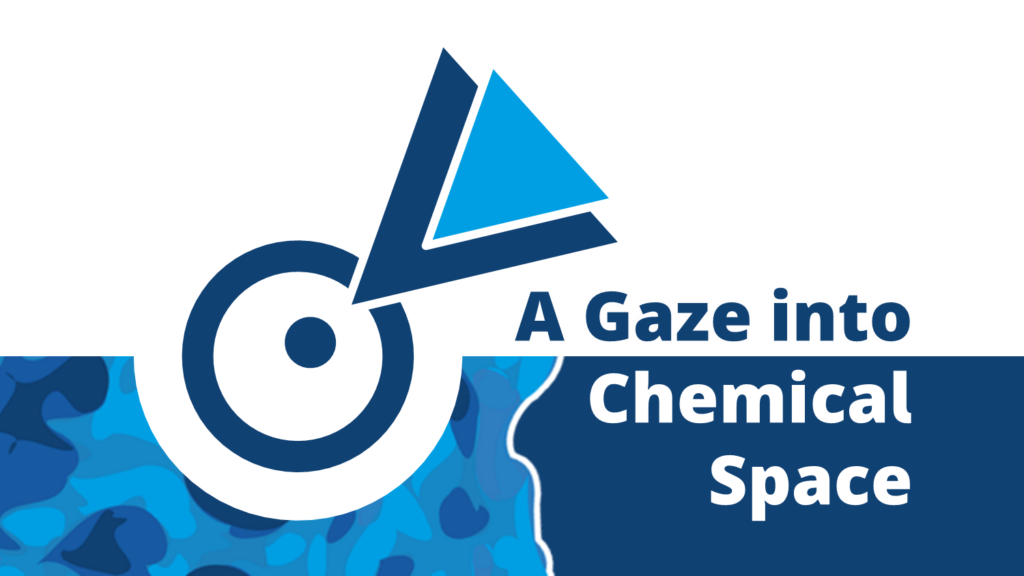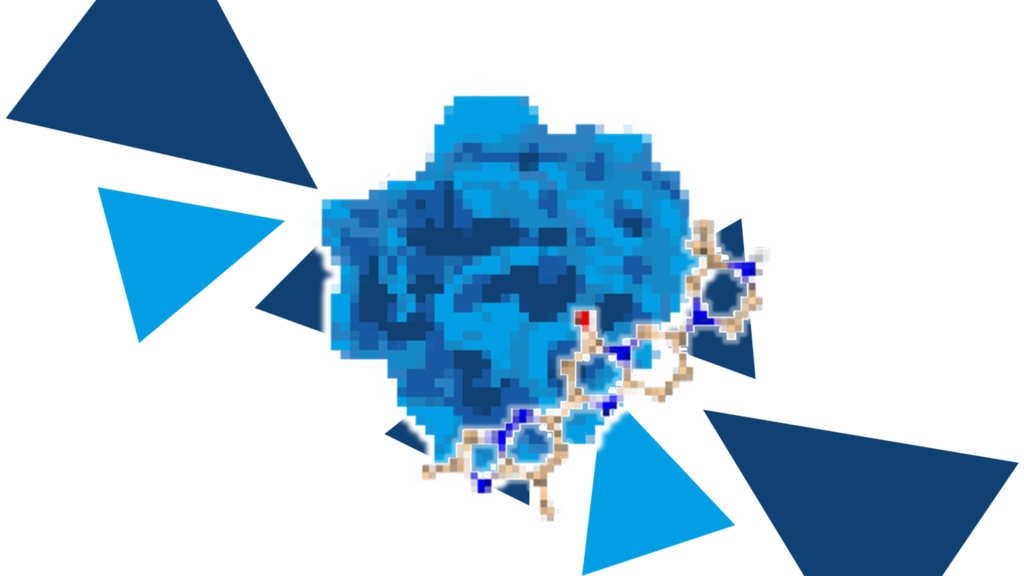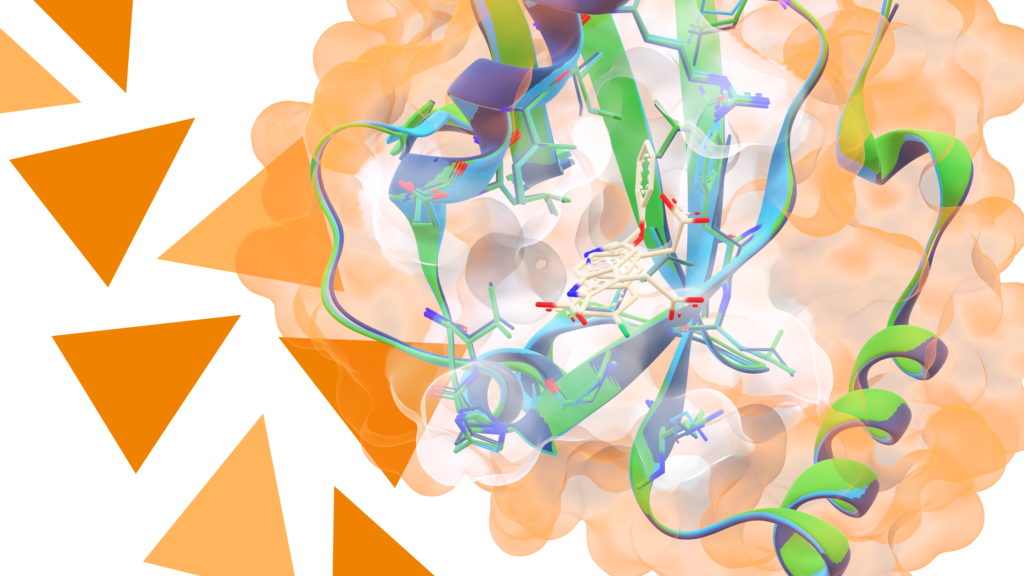Small molecules are frequently used both in nature and therapeutically to modulate the activity of the protein they bind to. This is attractive for altering protein activity in a time-resolved manner.
It might seem straightforward to identify such ligands, either by their complementarity to a binding pocket on a protein surface or by similarity to already known ligands. Yet, there are 1060 small molecules to choose from (the “chemical space”).
We have identified novel ligands with chemotypes unprecedented for the respective targets by docking to G protein-coupled receptors, the pharmacologically most relevant protein family. Furthermore, we have attempted to open up new regions of chemical space for ligands of the β2-adrenergic receptor by expanding experimentally determined fragment ligands, which led to affinity improvements and non-obvious extensions. I will also describe strategies to make chemical space more accessible by harnessing databases of easily synthesizable molecules. By exploiting semi-automatic synthesis strategies of highly-designed libraries, we were able to obtain and optimize more than 100 novel ligands for the β2-adrenergic receptor within just 6 weeks.






